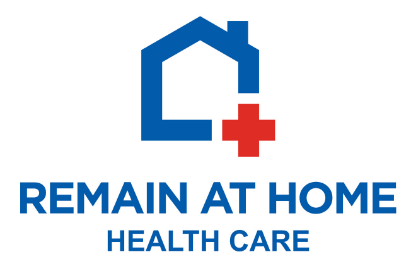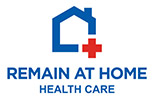It’s not easy getting older. Even folks who remain relatively free from major health issues find that their bodies start to slow down and it can be a fairly slippery slope in regards to functionality as compared to just a few years prior.
Changing feelings and emotions are also often in play for the elderly, and depression can have a hand in those changes. But if recognized, depression is treatable and doesn’t necessarily have to negatively affect any other medical conditions.
The key word here is “recognize.” It goes without saying that older people often have down days, usually set in motion by a major life event such as a recently deceased loved one or friend. But clinical depression runs much deeper and is often characterized by long periods of anxiety, sadness and fatigue, and if untreated, could make an already-challenging time of life even more difficult. Gasoline-fire analogy comes to mind.

Brian Carrigan
Founder & Co-Manager
Surprisingly, The Centers for Disease Control and Prevention findings are that most seniors aren’t clinically depressed, putting the number among the older-set at only 1-5%. Interestingly enough, nearly 14% of people who are home-bound due to illness suffer from what is considered to be “true” clinical depression.
From my experience and that of my colleagues, depression often-times is not detected and/or is misdiagnosed as dementia (therefore, the low percentage). Some depression is medication-related as well – drug side-effects are sometimes “underestimated” in the elderly and when looking at someone who is taking multiple medications, it is also possible that an elderly person will exhibit – sometimes acutely so – symptoms of depression. This is true for all people, but there is a much higher incidence among the elderly of this unfortunately common phenomenon.
There are many support groups and counseling opportunities available, and if you’re unsure about adding yet another medication, consult in depth with your physician about possible alternatives such as therapy and positive lifestyle. There are even herbal and organic alternatives to explore and consider, but tread lightly here and again, it is imperative that you review all medications (over-the-counter, supplements and otherwise) with your doctor.
Repeating the silver lining of the proverbial dark cloud, the good news is that depression, in almost all cases, is quite treatable. If you think you may be suffering from depression, take the next step and seek an honest, clinical assessment of your situation.




